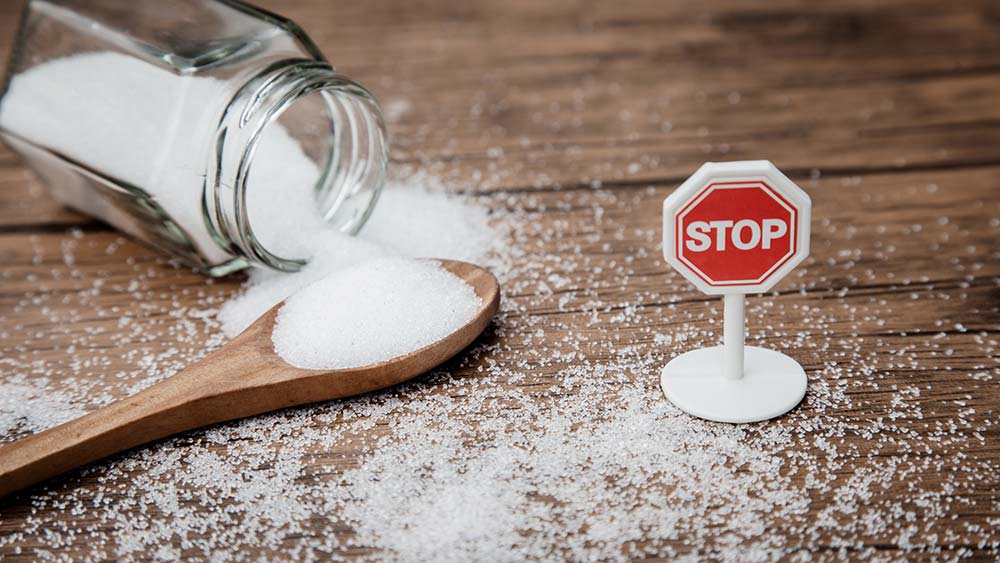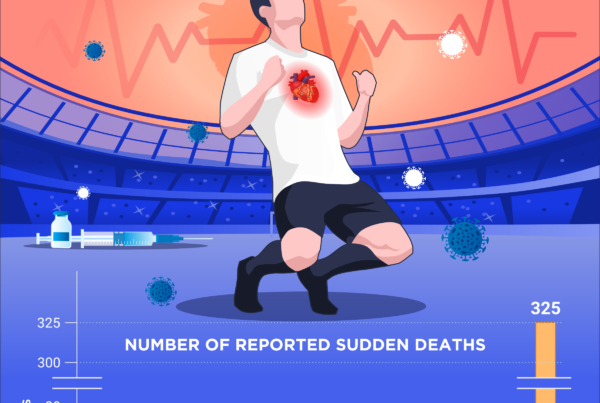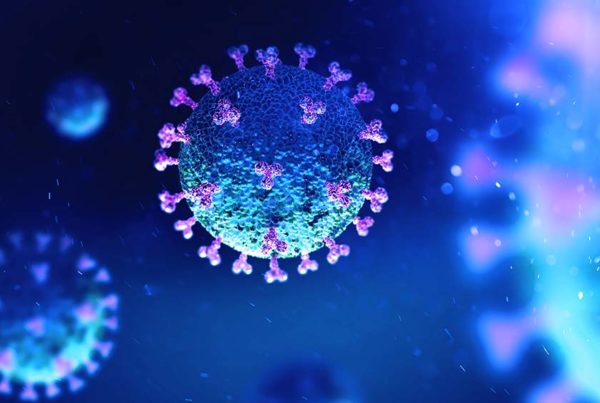
If world governments and healthcare organizations were as diligent with addressing the fallout from sugar addiction as they have been with COVID-19, we’d be thriving in a wonderful, healthy and economically stable world.
In case you missed it, sugar has hijacked our world. From COVID and overfat, to the dumbing down of our brains and global economic disasters, we no longer need to connect the dots.
Most people now know that sugar is more than just bad for your health — it’s also highly addictive. Yet at least 80 percent of the world’s population has been seriously harmed by it — as indicated by the prevalence of overfat pandemic.
To put things in perspective, consider that sugar is the new tobacco. You wouldn’t give cigarettes to children, so why sugar? Governments subsidize sugar and other junk food, and there are even certified organic versions.
Unfortunately, most people don’t actually know how much sugar they really consume regularly, and just how dangerous it is.
I want to highlight and link some key articles I’ve written on this topic. You can also send them to friends and family, your healthcare affiliates, teachers, politicians, and post on social media (just click the links throughout this article).
Sugar addiction
While it can be challenging to describe all the physiological processes of sugar addiction, many people are aware enough, and it’s easy for them to personally relate to the struggle. Just try stopping it for a day. And not just the white stuff, but added and hidden sugars, and virtually all flour that quickly turns to sugar when consumed.
At the heart of sugar addiction are three key physiological triggers that drive it:
- The tongue’s instant taste of sweetness (the brain’s response).
- The gut’s response to consuming sugar.
- The metabolic end result of storing more body fat.
This three-pronged attack is a powerful insult on the brain’s reward center, the dopamine system, driving addiction not unlike many narcotics, alcohol, and even other habits like gambling. Each bite of sugar, literally, reinforces pleasure and reward, and can influence dopamine’s other functions — the regulation of physical movement, emotion, cognition and motivation. Each of these mechanisms alone may be powerful enough to cause and maintain sugar addiction, as they all affect the brain.
Sugar Sells
It’s easy for companies to get people hooked on sugar, beginning from the earliest age. Marketing of sugar is everywhere. Even the right photos can trigger your brain craving; it’s called food porn. Our society also uses sugar as reward, for gifts, incentives, in place of being happy, or love. I’ve even seen large bowls of candy in dental office waiting rooms.
We also rationalize that sugar in moderation is not so bad, not unlike many drug addicts do.
We are most easily sold on sugar because of propaganda. Companies know how to get in our brains.
At one time, I naively thought that if people knew how much sugar harms us, the world would stop eating it. Silly me. In case you missed it, sugar continues to cause the growing overfat pandemic, promoting chronic disease, infectious disease, and physical injury, pain and impairment.
Sure, sugar makes some people on Wall Street a lot of money, but what’s the real cost? Wall Street economists think in the coming years that sugar will cause a significant decline in economic growth. But we are suddenly here, long before the prediction. The reason? The overfat pandemic, caused by sugar, making people more vulnerable to COVID-19 (-20 and -21), and the co-morbidities.
The Sugar Solution
Should we run out and get vaccinated for COVID instead of eating healthy and addressing the causes of the pandemic?
In case you missed any of the referenced articles, please have a look at the links within this one; there are many answers there.
Many people have already stopped eating sugar, reaping countless brain and body benefits. Others potentially are not far behind — one more step and it’s done!








